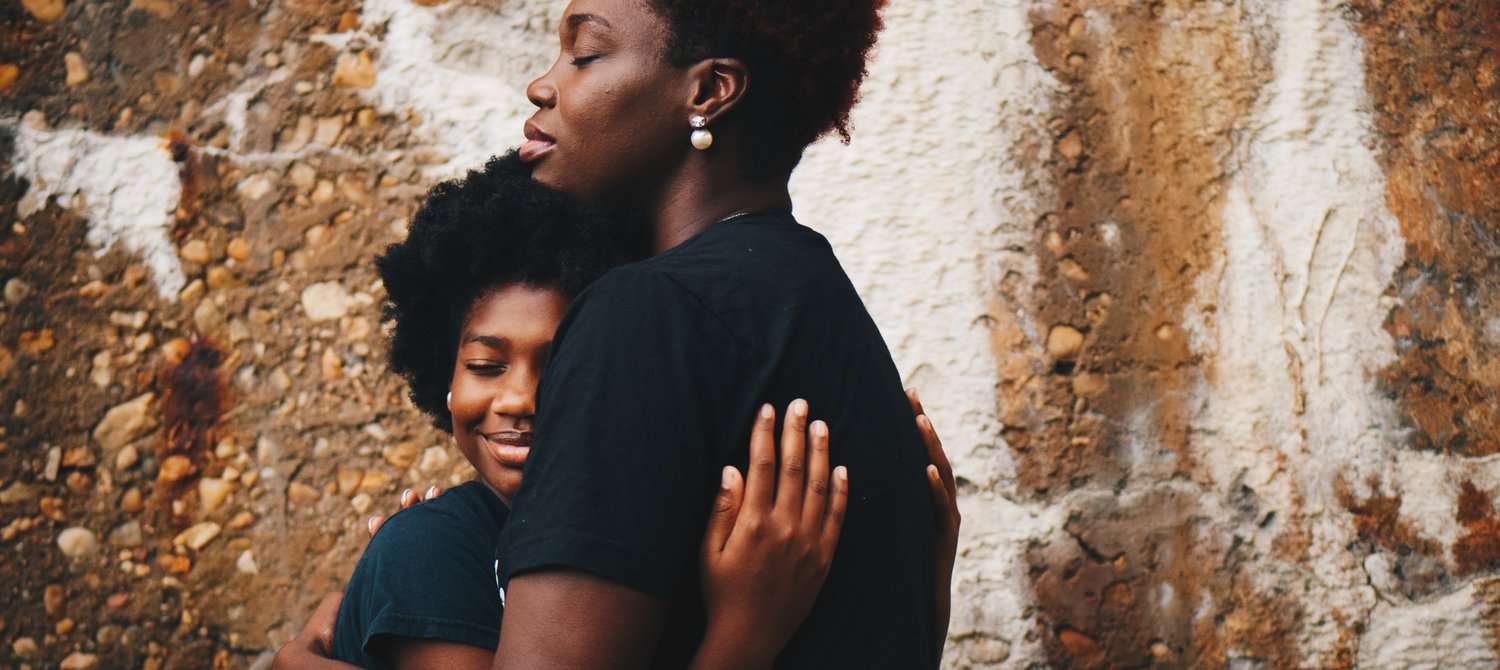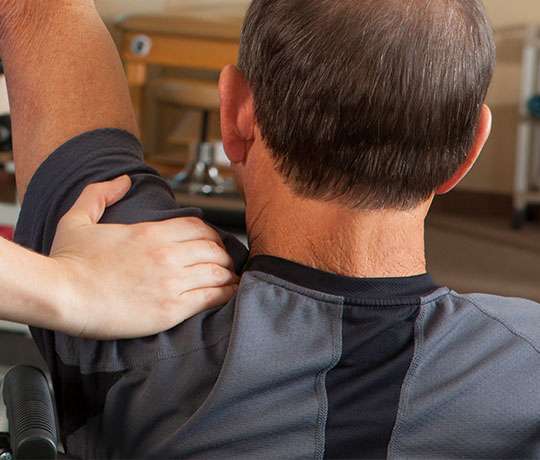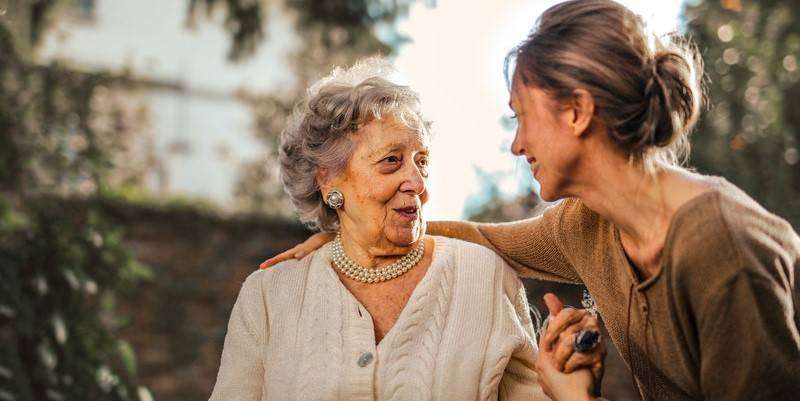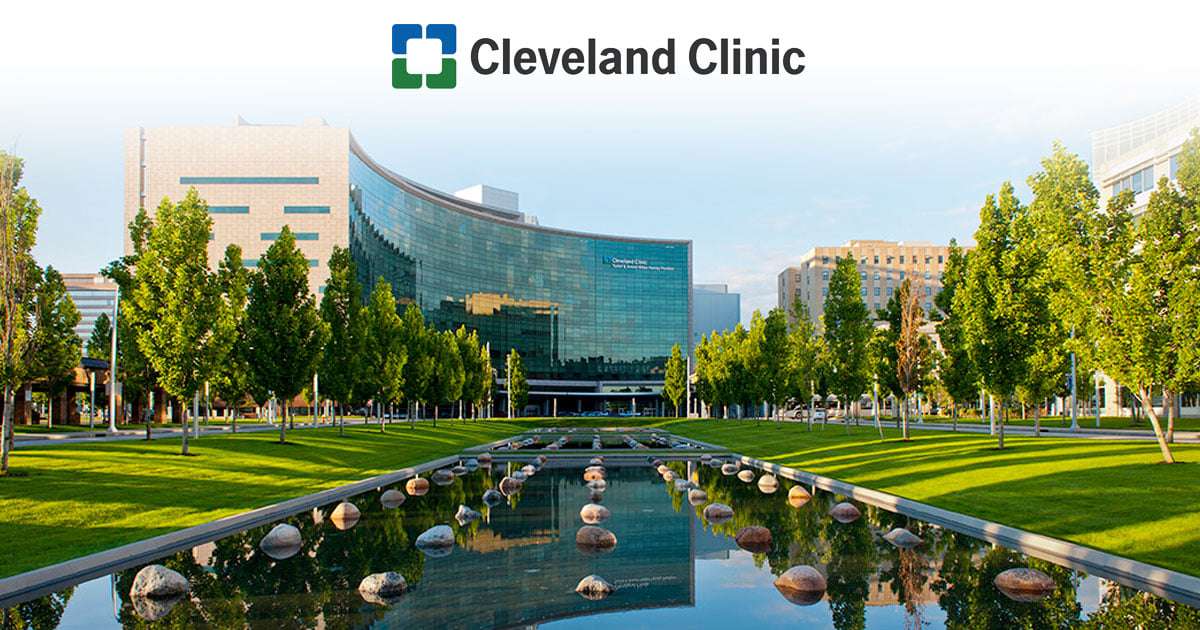Why Global Citizens Should Care
The COVID-19 pandemic, socio-economic issues and political unrest are reasons for increased levels of stress and anxiety in South Africa. Unfortunately many citizens do not have access to affordable mental health care services. The UN’s Global Goal 3 that advocates for good health and well-being can only be achieved if all citizens have access to mental health care. Join us and take action on this issue here
South Africans’ mental health has worsened over the last year due to COVID-19, and only seems to be deteriorating as the country continues to experience the socio-economic impacts related to the pandemic.
According to Human Sciences Research Council’s Dr Priscilla Reddy, South Africans are increasingly being diagnosed with depression, and the pandemic has played a large part in that.
“From July to December, the number of South Africans screening positive for depression increased from 24% to 29%”, she told SABC news, referring to figures from 2020.
“November to December, two in three South Africans reported experiencing hunger every day [and] had depressive symptoms. These are serious mental health issues,” she added.
According to Reddy, frontline healthcare workers experience high levels of psychological distress, and that mourning the deaths of loved ones in physical isolation has played a factor in deteriorating mental health across the country.
Dr Kagisho Maaroganye from the South African Society of Psychiatrists agrees, saying that that South Africans are impacted by the pandemic on a daily basis, both directly and indirectly.
In an interview with Kwa-Zulu Natal’s The Witness newspaper, Maaroganye explained that dealing with grief, as well as the anxiety of potentially losing loved ones, weighs heavily on the minds of citizens.
“We are all directly and indirectly affected by the virus with daily fears of losing loved ones and/or contracting a life-threatening disease, and the social impact this pandemic is having,” he said.
“There is a lot to bear and it can be crippling for our mental health. We are not experiencing stressors equally and many, even those without mental conditions, were at risk before the pandemic,” he added.
This year the country has also experienced cases of unrest as a result of national protests. Student protests at the beginning of the year involved thousands of young South Africans and resulted in at least one death in March. More recently, political protests took over the country following the arrest of former president Jacob Zuma in July.
Protest action and civil unrest can have a serious effect on the mental and emotional health of all people, no matter which side of unrest they fall on.
While there are many reasons for South African citizens to be experiencing a decline in their mental health, there are not enough affordable healthcare solutions to help those in need. A study released in October 2020 revealed that 49% of South Africans surveyed were interested in receiving counselling services or external mental health support, but could not afford to do so.
With this in mind, there are several ways in which citizens can prioritise self-care and mental health care without having to dig deep into their pockets.
If you’re looking for free ways to take care of your mental well-being in South Africa, whether you’ve been impacted by the pandemic or you’re simply interested in the available options, here are a few ways you can go about it.
1. A digital detox
Digital detox days have gained notoriety over the last few years, with studies linking high social media use to increased anxiety and depression.
While there are no studies from South Africa to refer to on this matter, it is important to note that well over 20 million South Africans (of a population of an estimated 60 million) have access to at least one social media platform. Researchers at the United States’ Penn State University and Jinan University in China found that taking a break from social media during the pandemic could be helpful for mental health.
“We found that social media sure was rewarding to a point, as it provided informational, emotional, and peer support related to COVID-19 health topics, ” associate professor of journalism Penn State Bu Zhong said in an interview with the University’s news outlet. “However, excessive use of social media led to mental health issues. The results imply that taking a social media break may promote well-being during the pandemic, which is crucial to mitigating mental health harm inflicted by the pandemic.”
2. Get outside – The parks are open
Studies have shown that spending time in nature or even spending as little as 20 minutes outside can help to reduce stress levels and improve self esteem. There is also a study that shows that being in green spaces, among trees and other sources of nature, can help to improve sleep and decrease anxiety.
While South Africa has experienced higher levels of lockdown regulations, the citizens still have freedom of movement to go outside, while following national safety protocol, for a few minutes. What’s even better is that public parks remain open from COVID-19 Alert Level 1 all the way up to Alert Level 4 (with the strictest level of lockdown being level 5).
3. Meditation Apps
The benefits of meditation have been backed by science. There are several studies, including this one analysing the benefits on the mental health of the unemployed, that show that the practice of mindfulness and meditation contributes to decreased stress levels.
You can download a free meditation app on your smartphone to get started. Here are a few free ones you can search for in your Google Play or iPhone App store to try:
- Breathe2Relax
- Smiling Mind
- Insight Timer
- Healthy Minds Program
4. Learn from Mindfulness Mondays
Miss South Africa Shufhadzo Musida is using her platform to freely educate South Africans on the importance of prioritising mental health care. In her weekly Instagram Live streams that take place every Monday evening, she takes the time to seek general medical advice from mental health professionals in an effort to spread awareness on the impacts of not taking care of your mental well-being.
In these sessions Musida has tackled issues such as depression during the pandemic, gender-based violence-related trauma, the legal rights of South Africans experiencing mental health instability and more. Past sessions are available to stream on Musida’s Instagram.
5. Book Mental Health Leave
Take a day off of work in support of your mental health.
Mental health leave can be booked as paid sick leave. This option is not entirely free, as under South African law you are required to supply a doctor’s note for medical leave, but these conditions can differ between companies.
If you don’t have access to medical aid or health insurance to book a doctor’s appointment, you can seek free professional medical services from a public clinic or from the list in the point below, from which you can receive a doctor’s note to back-up your need for a mental health break. Under the law medical professionals do not need to state in this letter why you sought medical support.
6. Speak to a professional, for free
There are organisations and private practices that offer free counselling and therapy across the country. These include:
- Lifeline Western Cape Province and Johannesburg: This organisation offers free 24-hour counselling services over the phone or on WhatsApp. Get to know more about it here and here.
- Revive Counselling Centre in the Eastern Cape: You can book an appointment for free counselling services if you’re based in Nelson Mandela Bay. Here’s more on the organisation.
- Grace Counselling in Durban: This organisation has access to a list of medical professionals and support groups should you need assistance. It is Christian-based and is linked to a church, which is something to keep in mind for those seeking support. Discover more about them here.
If you’re in South Africa and would like further support with your mental health, you can find resources and support services here. If you’re outside of South Africa, you can find international mental health support resources here.
Most of us are familiar with traditional therapy where a person is counselled face-to-face by a psychologist. However, with the world of technology fast evolving, more and more people are seeking help on the internet, in the form of online therapy.
Every day of our lives we are faced with different challenges. Many of these problems we overcome on our own, but every once in a while we feel overwhelmed and need expert assistance – someone who can guide us through the process with the help of therapy Most of us are familiar with traditional therapy where a person is counselled face-to-face by a psychologist. However, with the world of technology fast evolving, more and more people are seeking help on the internet, in the form of online therapy.
Online therapy is psychotherapy by a psychologist or any kind or counselling by a professional, which is done over the internet. It is done mostly through video-calling software like Skype and text-chat technology.
Read: New media technology used in therapy
Samuel Waumsley, a clinical psychologist at Samuel Waumsley Clinical Psychologists in Observatory, Cape Town, says that sessions are 50 minutes and follow the same course as a regular therapy conversation in a psychologist’s office, e.g. an assessment is made, background information gathered and situation is discussed. Sessions are usually on a weekly basis and continue for a period agreed upon between client and therapist.
No online therapy in South Africa
Waumsley, is also the founder of www.therapyroom.co.za a website which offers various online therapy programmes.
Asked what motivated him to offer online therapy, he answered that he noticed there were no specific online therapy website practices in South Africa.
“Also, noticing the presence of the overseas online industry, I thought it was likely that there might be a similar need in South Africa for such services. Since clients are not geographically constrained, they can contact the practice from anywhere in the country or abroad. More therapy and talking among ourselves can only be a good and healthy thing.”
According to Waumsley they depend quite a lot on Skype, but they also make use of Google which has a video chat programme available. In the case of technical issues or power failure, telephone conversations can be used, but only as an emergency backup.
“We are also available on mobile which makes it easy for smart phone users to have access. It’s good to know that Skype can also be accessed via your cellphone,” he adds.
Rates per session
Payment is upfront but clients can pay for several sessions at once or individually, if they wish. The system is automated and bookings and payments are immediately confirmed via e-mail.
“Each therapist or counsellor on the site sets their own rates per session, with prices ranging between R500 and R650 which is more or less the same as in traditional face to face settings,” says Waumsley. “Some therapists may also negotiate depending on a client’s situation,” he adds.
Cost of online therapy outside of SA
My therapy couch is free:http://www.mytherapycouch.com/
Online therapy is about R3 000 for 8 weeks’ full access to the desired programme: http://www.online-therapy.com/
Blah therapy is free for community and strangers forums and about R300 per session for a therapist:http://blahtherapy.com/
Psychcentral is also free http://psychcentral.com/
How effective is online therapy?
The effectiveness of online therapy is a question on every one’s mind but according to Waumsley there is no reason for concern. “There have been a number of research studies done on the effectiveness of online therapy, and there is generally a consensus that it is as effective as normal face-to-face therapy for treating problems such as depression, anxiety, panic, post-traumatic stress disorder and inter-personal problems.
Some psychologists, however, believe face-to-face contact to be more beneficial.
Lillian Lomofsky, an Educational Psychologists of Oakdale practice says she believes that there are more benefits in to face-to-face therapy, as the relationship between the therapist and client is more meaningful and possibly stronger when there is personal contact such as eye contact and meditational interaction.
“My reservation about online therapy is that the transference between the therapist and client may not be so effective. An advantage, though, is that distance is not an obstacle and also that the cost could be lower than the traditional face-to-face,” she says.
Health24.com’s expert forum
If you are unable to pay for counselling, it is good to take note of websites that offer free expert advice to the public. One such website is Health24.com which has its own forum of experts who counsel clients for free in their various fields of expertise.
To contact Health24.com’s experts, visit http://www.health24.com/Experts and choose the relevant expert.
In case of an emergency where you need immediate assistance and support, it is recommended that you contact one of these helplines:
• Stop Gender Violence helpline:0800 150 150
• Crimestop: 08600 10111
• Child and adult social and trauma support services: 08000 55 555 or alternatively http://www.childline.org.za/
• Alcohol and Substance Abuse Support: City of Cape Town Alcohol and Drug Helpline – 0800 435 748
• Police Family Violence, Child Protection and Sexual Offences Unit (FCS): 10111 or alternatively e-mail [email protected]
• People Opposed to Women Abuse (Powa) helpline: 083 765 1235 or www.powa.co.za
Read more:
No single therapy best for depression
Gene therapy to treat depression
(Picture:
(Picture: Therapy from Shutterstock)



